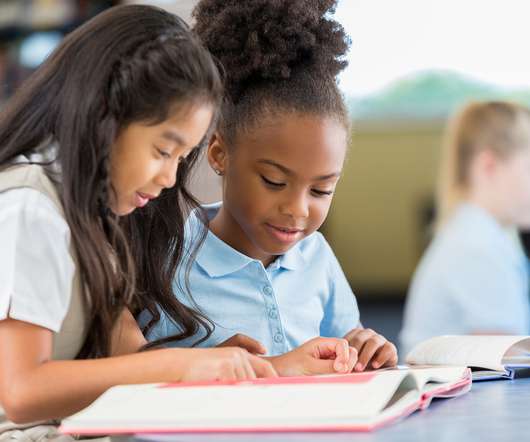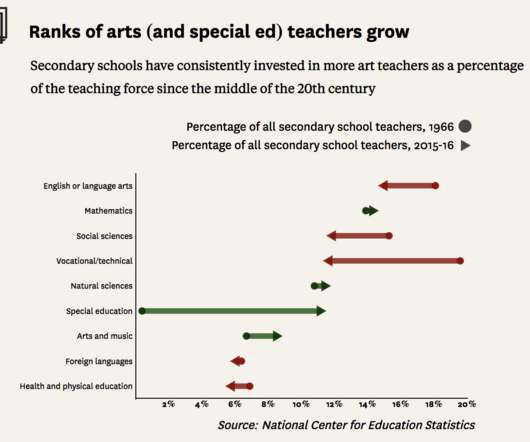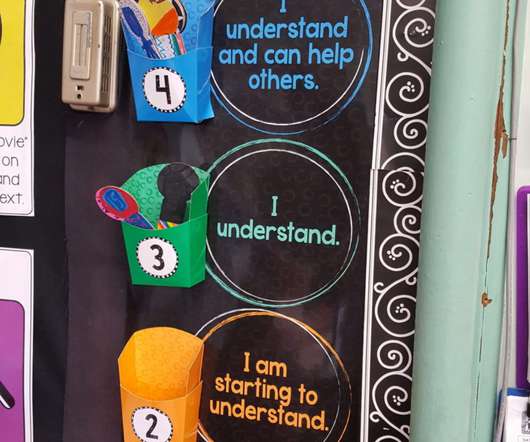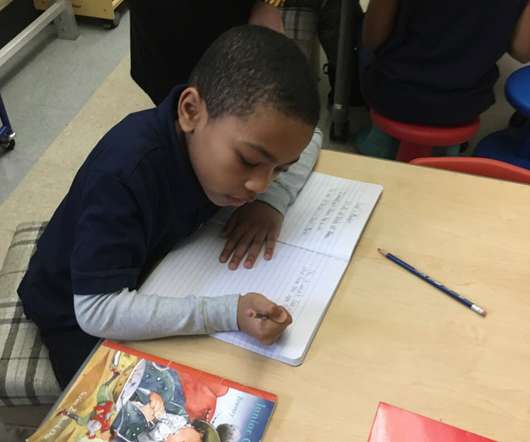Goodbye ABCs: How One State is Moving Beyond Grade Levels and Graded Assessments
Edsurge
MAY 16, 2017
The term “grades” has become almost taboo among some educators in New Hampshire, where seven elementary schools are slowly ditching the word altogether through a program known as. The program—short for “no grades, no grades”—is hallmarked by the schools shifting to a more competency-based assessment structure and removal of grade levels.

















































Let's personalize your content